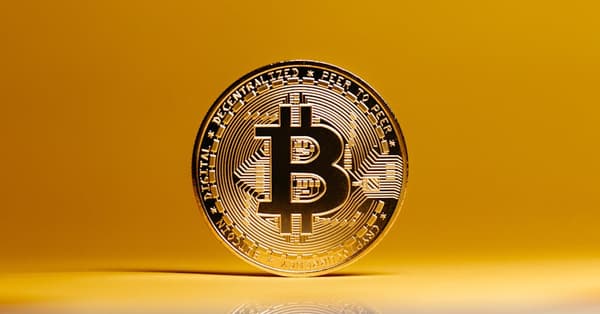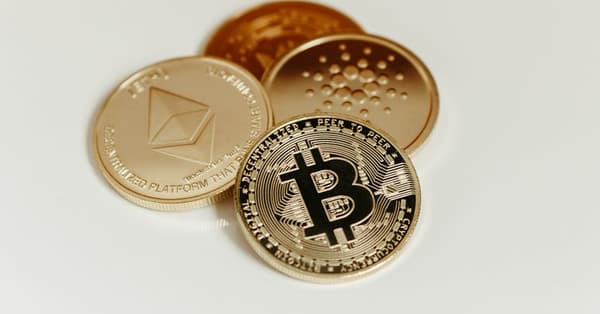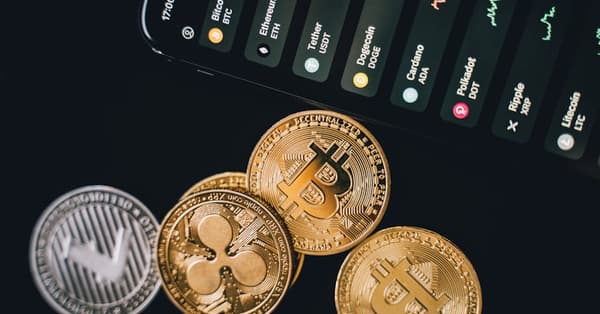Unlock BSC Validator Staking: Your Complete Success Guide
Ready to dive into BSC validator staking? Discover essential requirements and tips to boost your success in this fast-growing crypto landscape.
Binance Smart Chain (BSC) has emerged as a vital player in the crypto ecosystem, boasting a market cap of over $8 billion as of October 2023. With its lightning-fast transaction speeds and rock-bottom fees, it’s no wonder that BSC is seeing explosive growth, especially in decentralized finance (DeFi) and non-fungible tokens (NFTs). Key developments, like the recent integration of cross-chain capabilities and the rise of popular decentralized exchanges such as PancakeSwap, showcase BSC's dynamic nature.
These days, many investors are diving into staking to earn rewards while helping secure the network. Understanding the validator staking requirements on BSC is essential for anyone looking to make the most of this trend.
In this article, we’ll explore everything you need to know about BSC's validators, the staking process, and some strategic insights to help you maximize your rewards.

Binance Smart Chain is a blockchain network that runs in parallel to Binance Chain, specifically designed for executing smart contracts. It aims to offer a fast and cost-effective alternative for building decentralized applications (dApps).
When you compare it to Ethereum, BSC shines with quicker transaction times (usually under 3 seconds) and significantly lower fees, often coming in at less than $0.10 per transaction. This makes it an appealing choice for developers and users alike.

BSC is a cornerstone of the DeFi landscape, enabling a variety of services like lending, trading, and yield farming. Plus, its support for NFTs has led to a surge in the creation and exchange of digital assets within the blockchain framework.
🎯 KEY INSIGHT

As of October 2023, BSC supports over 1,600 decentralized applications, reflecting its rapid adoption and significance in the crypto space.
Validators play an essential role in keeping the network secure and efficient. They process transactions and add new blocks to the blockchain, participating in the consensus mechanism known as Proof of Staked Authority (PoSA).

Decentralization is crucial here; having a diverse group of validators helps ensure the network's resilience against attacks and failures.
2.2 Different Types of Validators
- Full Node Validators: These validators maintain a complete copy of the blockchain and are active participants in the consensus process.
- Lightweight Validators: Typically operate with fewer resources but may delegate tasks to full node validators.
- Examples: Prominent validators include [link: relevant_validator_topic]...
Tags:
Ready to Make Profitable Crypto Calls?
Check out our proven track record on the leaderboard
View Leaderboard →Related Posts
Is a $2 Billion Bitcoin Bet Opening Doors for Meme Coins?
Discover how a Bitcoin whale's massive investment could signal a new wave of opportunities in the meme coin market. Don't miss out on this insight!
Is MOBOX Leading the Blockchain Gaming Revolution in 2023?
Discover how MOBOX is shaping the blockchain gaming landscape amid a 340% rise in games this year. A must-read for every crypto enthusiast.
Understanding Token Burning on Binance Smart Chain
Curious about BSC's token burning? Discover how it impacts value and investor sentiment in this insightful look at deflationary tokenomics.
The Rise of Meme Coins: What’s Fueling the Surge?
Join us as we explore the explosive growth of meme coins like $PEPE and $DOGE. Discover why they're captivating traders worldwide.
Mastering Japan's Crypto Rules & Meme Coin Trends
Stay ahead in crypto! Explore Japan's new reserve rules and strategies for trading meme coins like SOL. Equip yourself for success in this dynamic market.
Unlocking Arbitrage: Flashloans in the BSC Boom
The Binance Smart Chain is witnessing a flashloan explosion! Discover how traders are capitalizing on new arbitrage opportunities amid rising volatility.